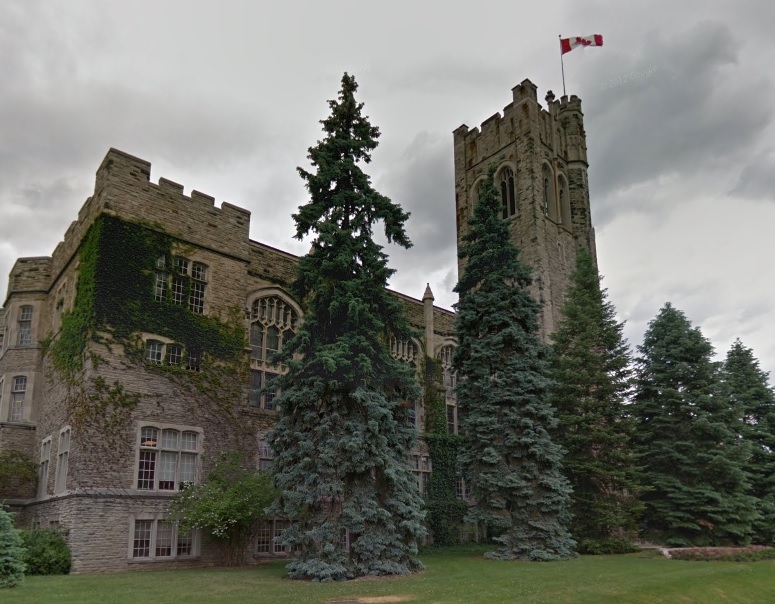Students at Western University are getting the chance to ask administration for a commitment to mental health.

The growing number of students accessing crisis counselling and mental health resources has been top of mind, following the sudden deaths of two students last month.
Tobi Solebo, the president of the University Students Council (USC), says an election plebiscite question coming up next spring is kind of like an ask for help.
“It would be asking Western to value the mental health as a priority when it comes to long-term planning, budgeting, anything of that sort and always taking student wellness as a priority.”
It came as an emerging item at the end of the student council’s Nov. 29 meeting, aimed at tackling an issue that Solebo said is getting bigger.
While the plebiscite question on the 2018-2019 USC election ballot will ask students if they want to see student mental health and wellness priority high up on Western’s strategic plan, administration says it’s working on a strategic plan specifically geared towards the issue of mental health.
Still in it’s draft stages now, the plan has four pillars: to promote and support a resilient campus community, to develop and deliver effective health communication and promotion, to look at an inclusive curriculum and pedagogy and to provide accessible health and wellness services.
- Premier Moe responds to Trudeau’s ‘good luck with that’ comment
- Drumheller hoping to break record for ‘largest gathering of people dressed as dinosaurs’
- As Canada’s tax deadline nears, what happens if you don’t file your return?
- Planning a summer trip to Quebec’s Îles-de-la-Madeleine? You’ll have to pay up
Interim senior director of student experience, Rick Ezekiel, says it’ll bolster and re-align existing services such as The Wellness Education Centre, and The Student Development Centre.
“Our community as a whole has challenges in meeting mental health needs, and we really need to look at all of our organizations that have a focus on supporting youth mental health and work together.”
That community approach is why, when students go for triage or an intake appointment, they might be handed a list of counsellors and psychologists who aren’t at the university.
“All they simply did was kind of forward me to off-campus resources,” said one third year Western University student of her experience trying to access crisis services. She wishes to remain anonymous.
“I was feeling very overwhelmed, and I couldn’t properly manage my emotions and I found that was affecting my school work, I wasn’t sleeping properly, I wasn’t eating properly, so I really just needed some guidance in terms of how to cope with all of that, and when I left psychologist services I feel like I got none of that.”
Being referred to off-campus services felt strange she said, knowing that the student health plan would only cover a handful of appointments.
But according to Ezekiel, working with community partners is essential for such a large campus.
“As a campus of 40,000 students, it’s really necessary to rely on community partners and refer when appropriate and when those services outside of our campus community might be most effective.”
The student felt more positive about accessing non-crisis support services, despite a two-week wait for an appointment.
As for why there so many students needing mental health services, Ezekiel says most students are in a high risk age demographic.
“From 17 to 24 years old, in that age range we actually see peak frequency of onset of a number of mental health disorders or challenges.”
The most common stressors, Ezekiel said, are related to their finances, their ability to sleep properly and their relationships. But he said there’s room to be critical, and reflect on the institution as a whole.
“I certainly think there’s an important place for self examination of the post secondary sector, to identify how we can kind of align the way we do things to reduce stressors, and enhance wellness.”
A second-year nursing student died suddenly on Nov. 9, and a fourth-year faculty of science student died suddenly on Nov. 19.








Comments